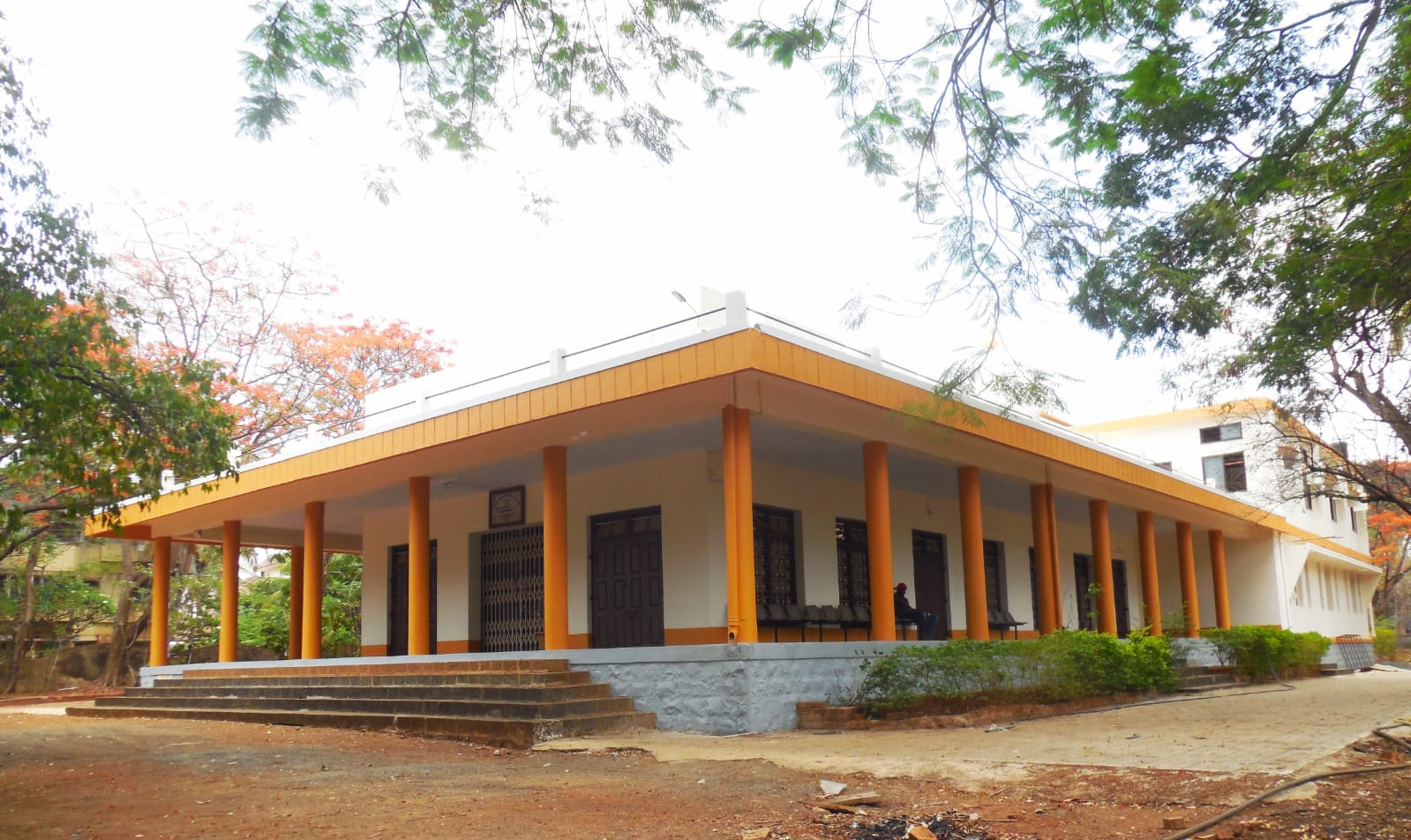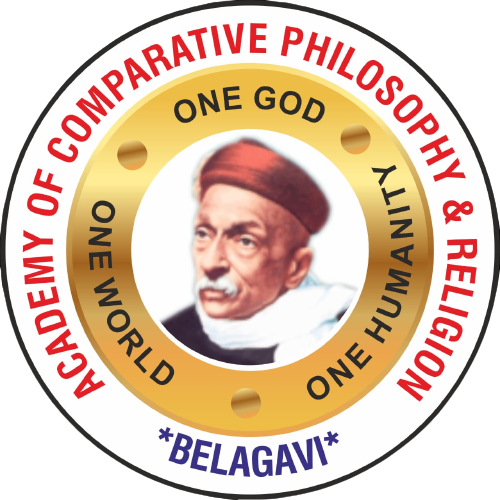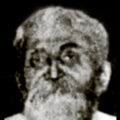




THE ACADEMY OF COMPARATIVE PHILOSOPHY & RELIGION (ACPR)
Belagavi, Karnataka, India
A great visionary Gurudev Dr. R.D.Ranade M.A. D.Litt. Former Vice Chancellor , Allahabad University started Academy of Philosophy and Religion, on 01st August 1924, at his Adhyatma Bhavan, Poona, Maharashtra, India. Gurudev Dr. R. D. Ranade, on 14/08/1924 written a letter (read more>>) to his friend Shri. Gundopant Gadagkar and he conveyed the message of the establishment of An Academy of Philosophy and Religion. The prospectus written by Gurudev Dr. R. D. Ranade, in 1925, would be a beacon of lighthouse for ACPR Belagavi, for implementation of the aims and objects of this institution in future course of action.
Founder
SHRI. GURUDEV Dr. R. D. RANADE

Shri Gurudev Dr. R. D. Ranade. M.A.; D.Litt.
Former Vice Chancellor. Allahabad University.
He is one of the greatest Mystic Saints of modern India.
PHILANTHROPIST
H. H. Sir C. A. Patwardhan, The Rajasaheb of Sangli

His Holiness Sir C.A. Patwardhan, the Rajasaheb of Sangli.
In 1950 He gifted the Land where ACPR Belgaum is situated.

” To bring spiritual unity of mankind and consequent peace and goodwill upon Earth. “

” One God , One World , One Humanity. “

” To establish a global center of excellence in Comparative Philosophy and religion. “

- To bring together the intellectual and spiritual minded persons of all religion to contribute the betterment of society and the environment.
- To conduct Spiritual Symposiums.
- To Promote Study and Research.
- To conduct Lectures on various religious thoughts.
- To arrange Meetings and Conferences of intellectual and spiritual minded persons of all religion.
- To publish Philosophical and Religious Publications.
- To publish international periodicals/journals.
ACPR is the brain child of Gurudev Dr. R. D. Ranade. Initially known as Academy of Philosophy and Religion and established in 1924 in Pune and then later shifted to Belagavi in the year 1952 which is registered as Academy of Comparative Philosophy and Religion, Belagavi, Karnataka, India. ACPR is a global platform for the call of “Awareness of Unity” and a global gallery echoing the eternity ever whispering the tune of our philosophical, spiritual, cultural and historical heritage. ACPR is not a mouth-piece/spokesman of any one Religion, Faith, Sect, Cult or Sampradaya. One God, one World, one Humanity theme is the unity mission of ACPR.







